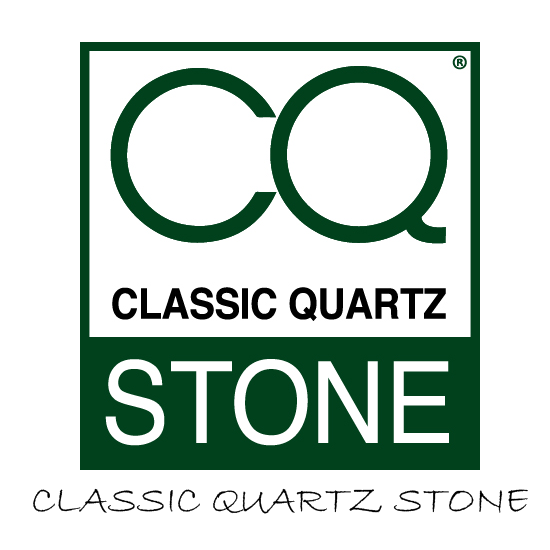Durability – Quartz and granite are obviously both natural stone materials that are very hard to chip, break, crack, or burn. However, quartz countertops are made up of 93% quartz (and 7% resins and colouring pigments that bind all the natural aspects of quartz together) compared to less than 40% quartz in natural granite.
Since quartz is rated a 7 on the Mohs Hardness Scale, quartz is much harder, stronger, and ultimately more durable than granite. For reference, diamond is 10 on the Mohs Hardness Scale.
Maintenance – Granite has seams and pores in it due to water getting into the stone over time in nature. Quartz is essentially porous free since it is so dense. This means that there will be much, much less maintenance needed for quartz countertops.
If water or any other liquids penetrate the pores of granite, it can cause cracks or even chipping that will be ugly and costly to repair. Also, because of these pores granite has to be sealed. This sealant will eventually wear down and will have to be replaced time and time again. Granite does not have this problem. Since it is so dense and porous free there is no need for a sealant. Forever.
Appearance – When you install either granite or quartz countertops, you will be able to see the seams in the slabs of the materials (unless you can afford a one-piece countertop!) whether you like it or not. However, most people agree that the seams on a quartz countertop are less easy to see than a granite countertop.
Another reason why quartz beats granite is the fact that some granite countertops are dyed. The most common one is the black colours. This means that the dye will eventually fade over time and not resemble the original colour you picked, but a faded version. Quartz countertops, not only have more colour options, but do not have the dye factor. Quartz will retain its natural colour and pattern throughout its existence.
Quartz is ‘Cleaner’ – Quartz is an engineered product and this means the manufacturers can ensure that the stone is virtually porous free. When using a natural stone, such as granite, there will be some natural pores in it from nature. This means that there will be tiny holes in granite that can be incubators for bacteria and mold. Quartz is so dense that it will not have this issue and you can get rid of most bacteria with a simple household cleaner and a swipe of a cloth.
Price – The initial price of quartz is slightly more than the price of granite. As with anything in life, you get what you pay for, and beautiful countertops are no different. While the price for quartz and granite per square foot can seem high to most people, the end price is what really matters. Quartz countertops may cost a little more than granite in the early stages of your home’s life, but factoring in the longevity and low maintenance cost of quartz it is the best value.
Home Value – Both quartz and granite offer an amazing resale value for your home. They are both beautiful, easy to maintain, and tough, but quartz has surpassed granite in all of these categories. As this article has mentioned, quartz has more colour options, less health risk, less maintenance, a stronger long-term home value, and a much higher durability than its counterpart: granite.
Quartz has the upper hand on all of these major home value characteristics, making it a much better long-term option for your home!

